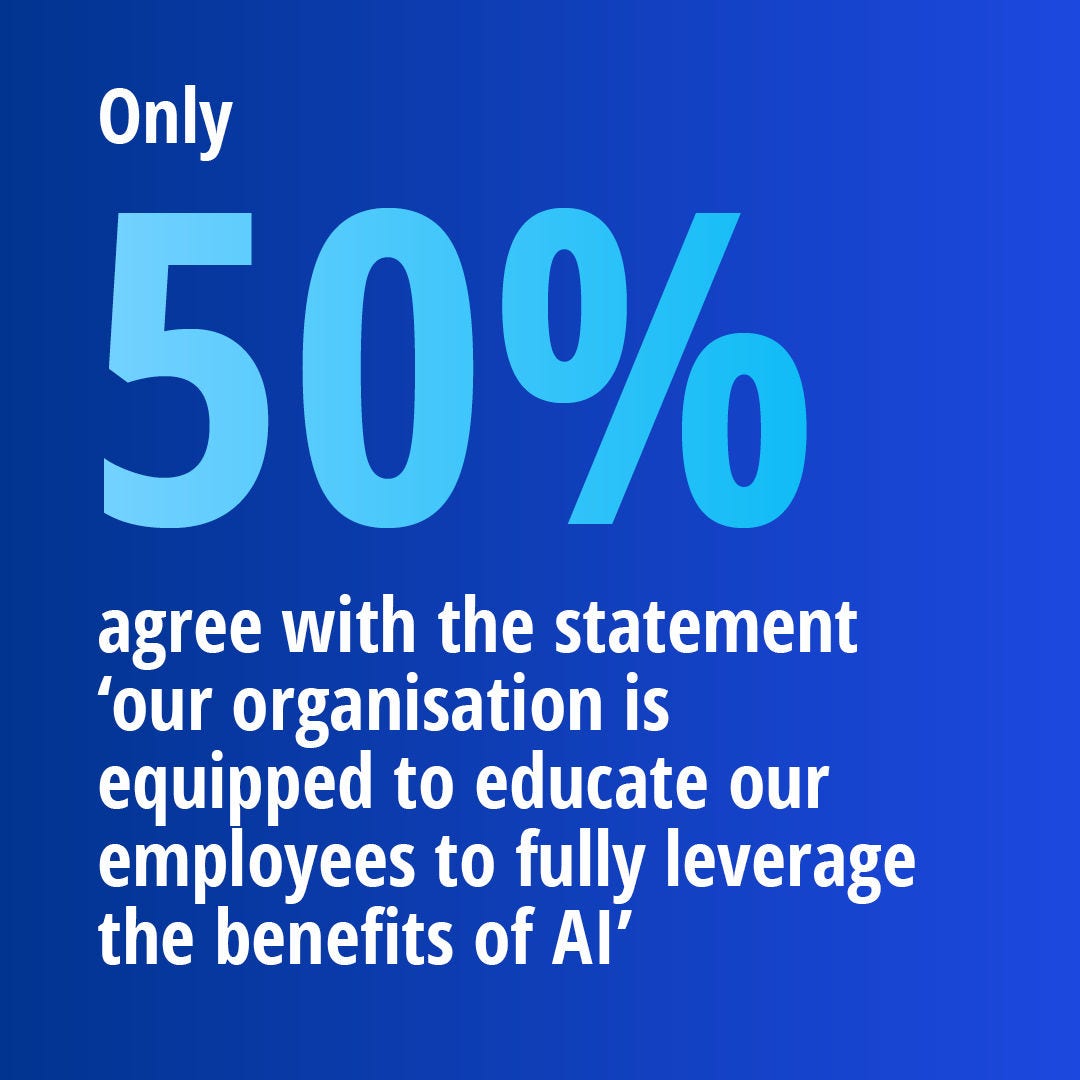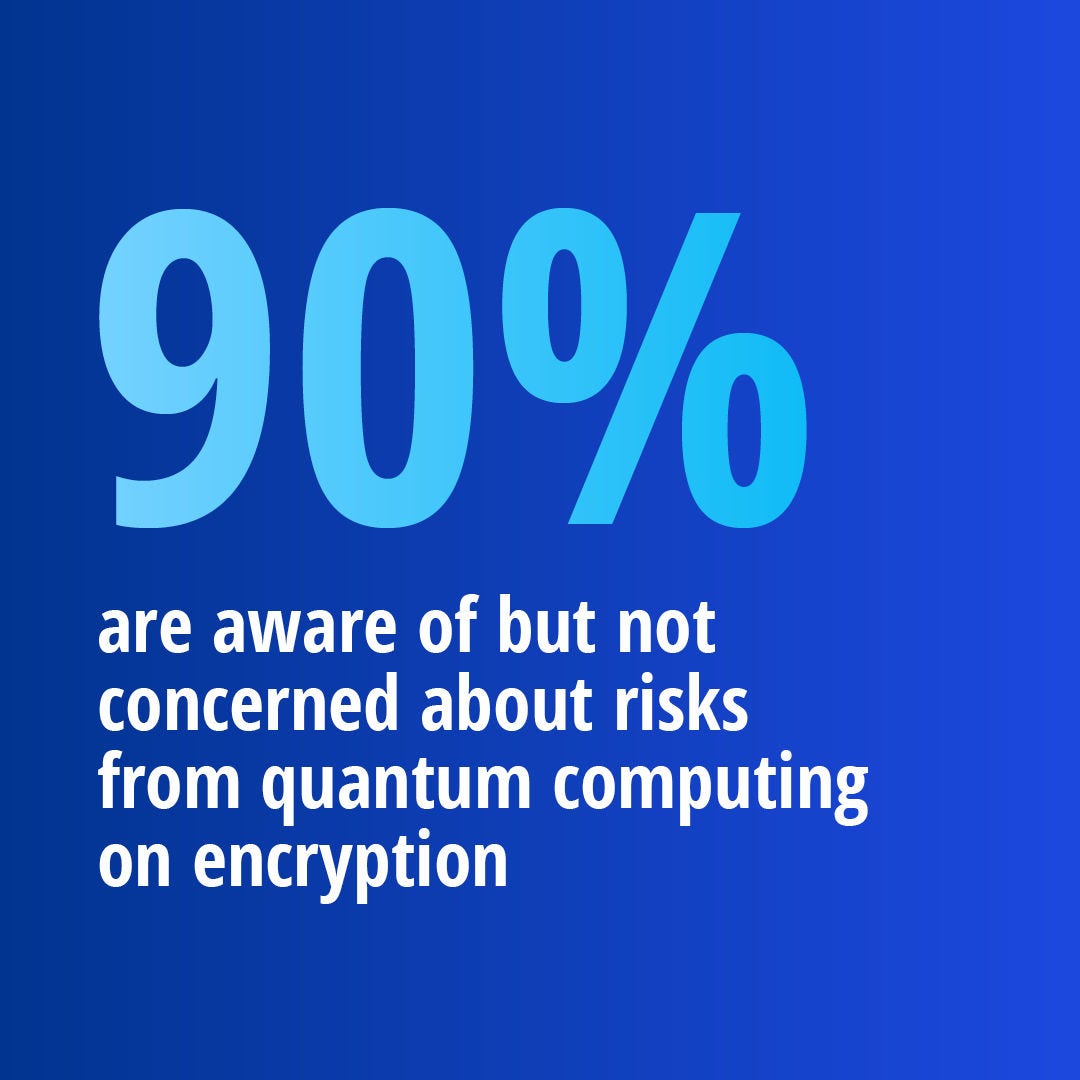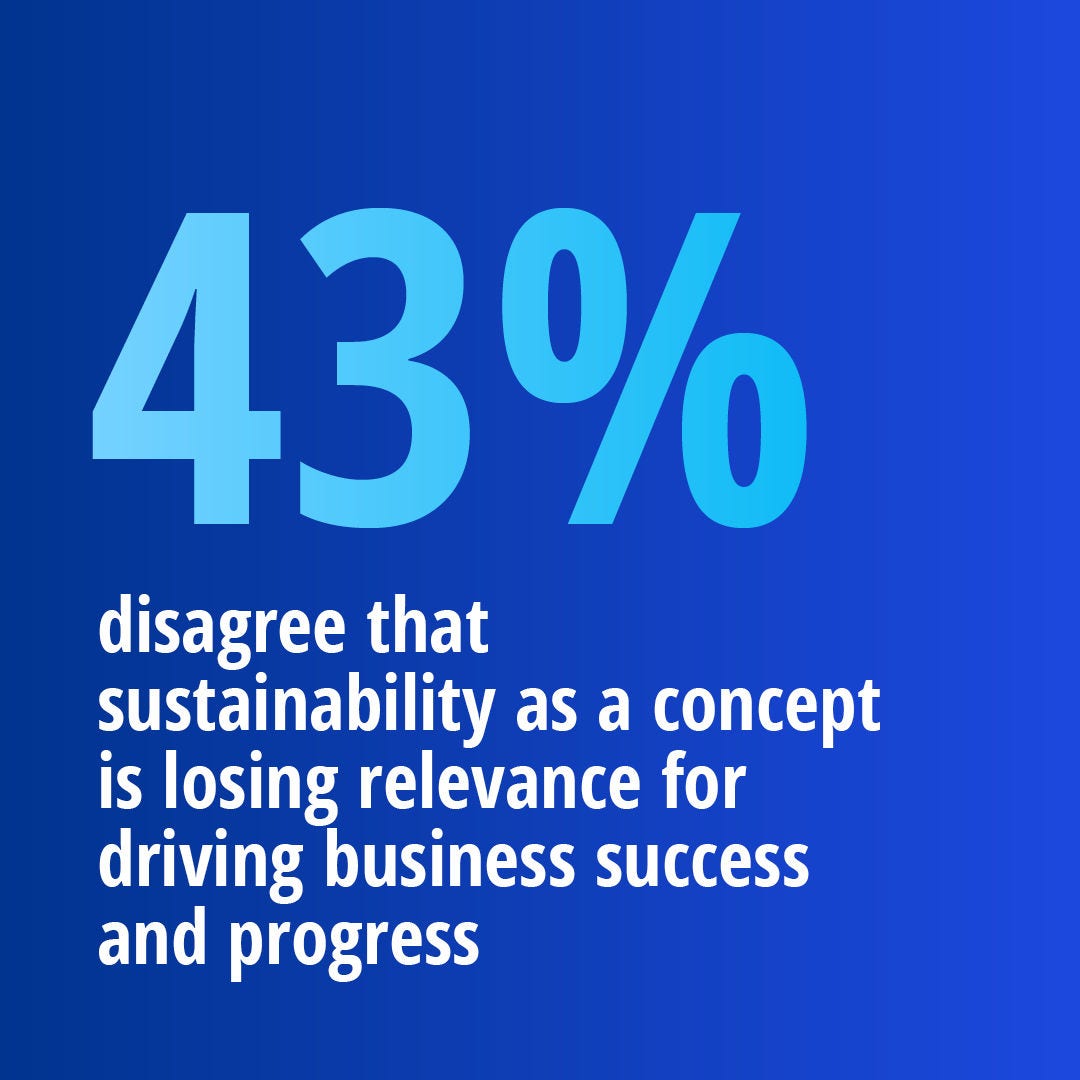Importantly, CEOs globally don’t see AI as a means to reducing total head count in the near term. In fact, 67% of New Zealand CEOs plan to increase headcount over the next three years (down on 92% globally), even as they modernise processes and operating models. Almost a third of New Zealand CEOs are planning for workforce reduction in some roles over the long term (2-5 years), but this is balanced by 80% of CEOs focusing their organisations on people redeployment by redesigning roles and career paths to reflect AI collaboration over that period.
New Zealand CEOs are much more focussed on AI as a driver of growth than global counterparts. Three times as many New Zealand CEOs (27% versus 9% globally) see development of new AI-enabled products or services that create new revenue streams as a top benefit.
Most CEOs globally anticipate AI returns will materialise over one to three years, not overnight. Expectations of New Zealand CEOs are similar but with a larger proportion anticipating it will take longer to see a return on investment from AI. In New Zealand, 43% think it will take three years or more compared to just 14% globally.
The signal is strong - AI is positioned as a core driver of productivity, innovation, and new business models. That momentum now intersects with the next frontier: agentic AI - systems that can plan, decide, and act across workflows with minimal human prompting. New Zealand CEOs have even greater expectations than their global counterparts. 70% of New Zealand CEOs expect agentic AI to have a significant or transformational impact compared to 57% globally.
The same leaders underscore the governance and capability gap. Ethical implications (60%), data readiness (50%), and technical capabilities and skills (60%) top their concerns. Technical capability is more of a concern in New Zealand than elsewhere.
Executives are responding with a balanced strategy. Investing boldly, but building trust and guardrails in parallel, recognising that adoption will be sustained only where autonomy is paired with accountability, transparency, ongoing relevant education programmes and robust cyber security.
To convert enthusiasm into durable value, organisations should invest in ongoing education and capability‑building as deliberately as investment in platforms and agents. Results from a report from KPMG and the University of Melbourne, Trust, attitudes and use of artificial intelligence: A global study 2025 clearly highlight the differences in AI adoption success in those countries that are investing in structured education programmes to boost AI literacy versus those that haven’t. New Zealand CEOs are aligned with their global counterparts in recognising this. 80% of New Zealand CEOs cite workforce upskilling as important for organisational success. They are less confident their organisation is equipped to educate employees on getting the benefits of AI (50% for New Zealand CEOs versus 78% globally). But they are almost three times as likely to make AI education and upskilling of the workforce and streamlining processes a top operational priority (17% compared to 6% globally). 60% of New Zealand CEOs are actively hiring for AI and broader tech skills.
Practically, that means role‑based learning paths, ‘agent‑thinking’ workshops that teach process decomposition, sandboxed hands‑on labs, and embedded change programmes that help teams redesign work with agents, not just around them. Pairing education with outcome‑based roadmaps, measuring time‑to‑value against the expected one to three year return-on-investment window, will maximise impact, accelerate trust, and ensure agentic AI delivers on its promise in a sustained, scalable way. Learning velocity will determine adoption velocity and ongoing relevant education is a key pillar in creating sustained adoption of AI programmes.
Looking ahead, maintaining AI as a priority and sustaining progress will continue to be challenging. A third of New Zealand CEOs don’t see their board as being equipped to navigate the adoption of advanced technologies and the strategic use of data, including AI, to drive business growth within the organisation. This is a significant gap with only 10% of global CEOs having the same concerns. AI is clearly an investment priority for most New Zealand CEOs, but they are also feeling more pressure from competing priorities than global peers. In particular, cyber security and digital risk resilience, where around two thirds of New Zealand CEOs see this as the top investment priority (versus 39% globally).
Despite these challenges, it is encouraging to see that almost two thirds of New Zealand CEOs are confident about their ability to keep pace with the speed of AI development and its effects on adoption, operations or workflow, and the workforce.










